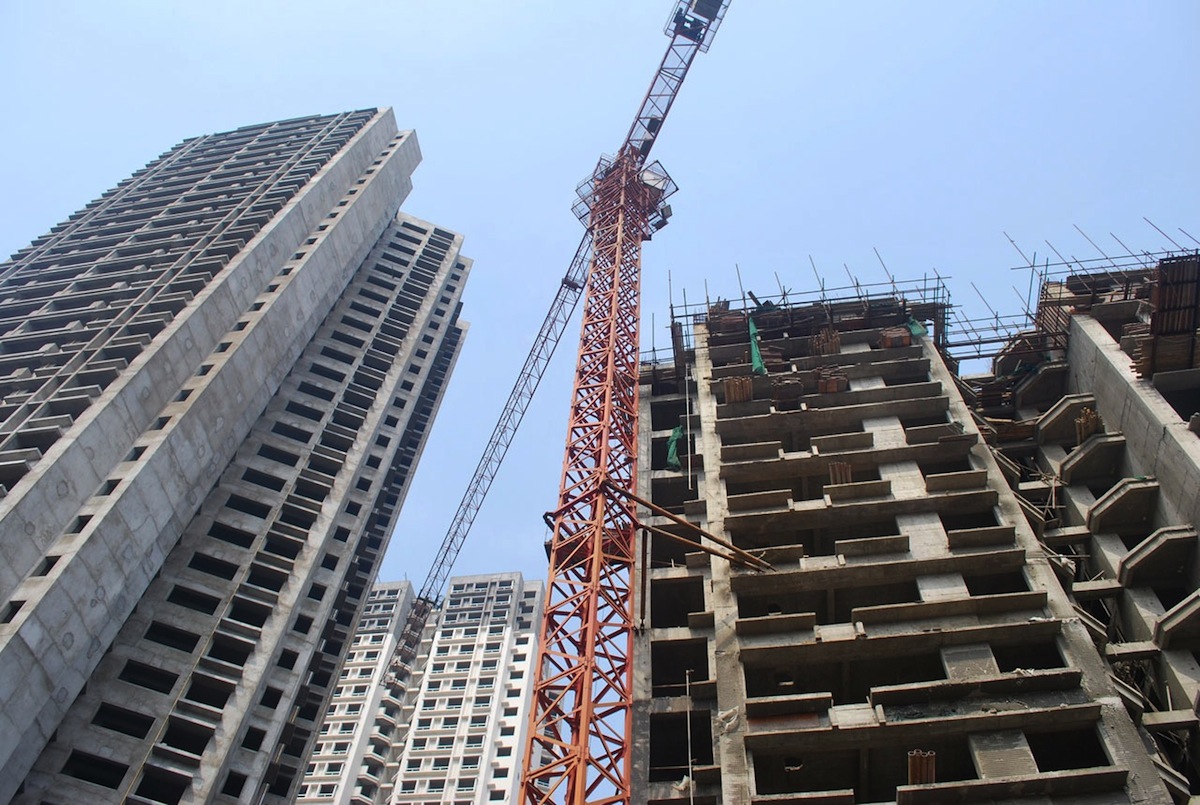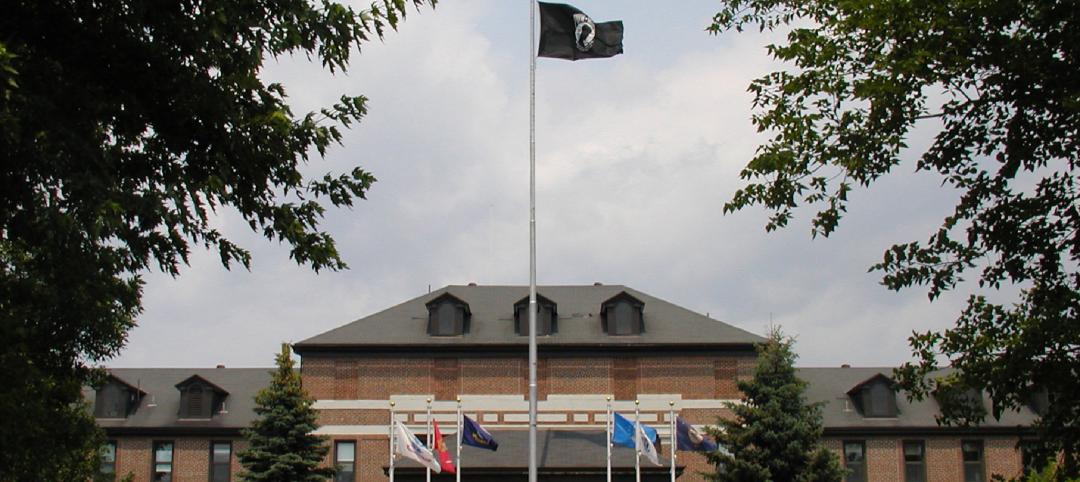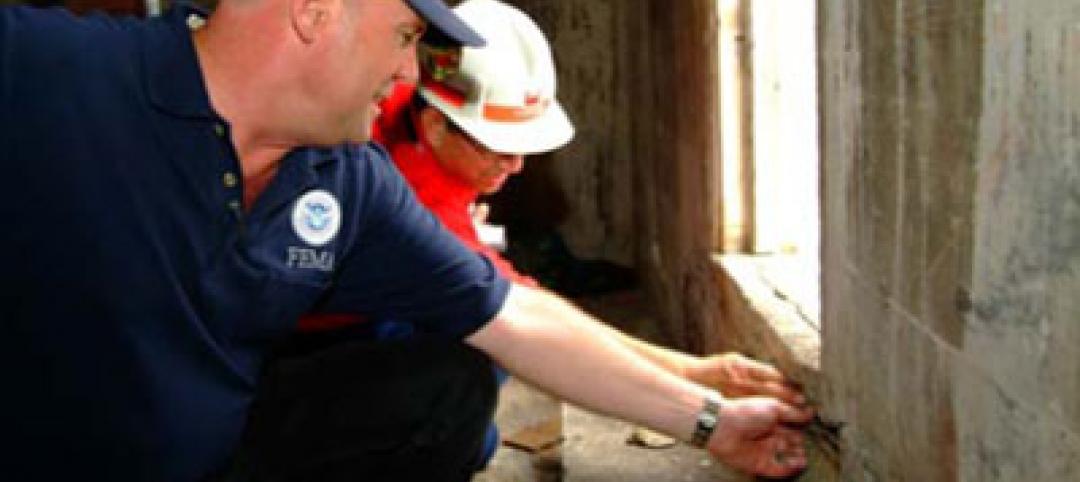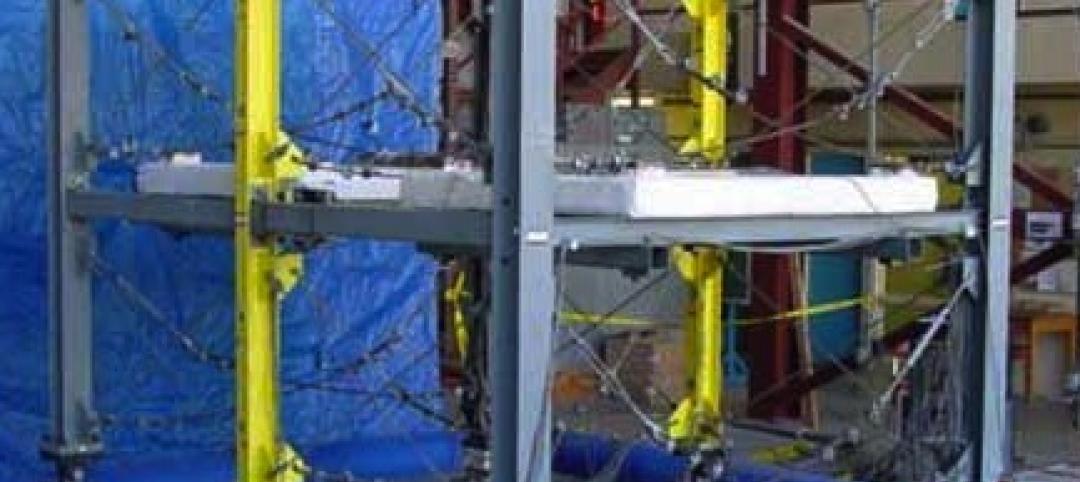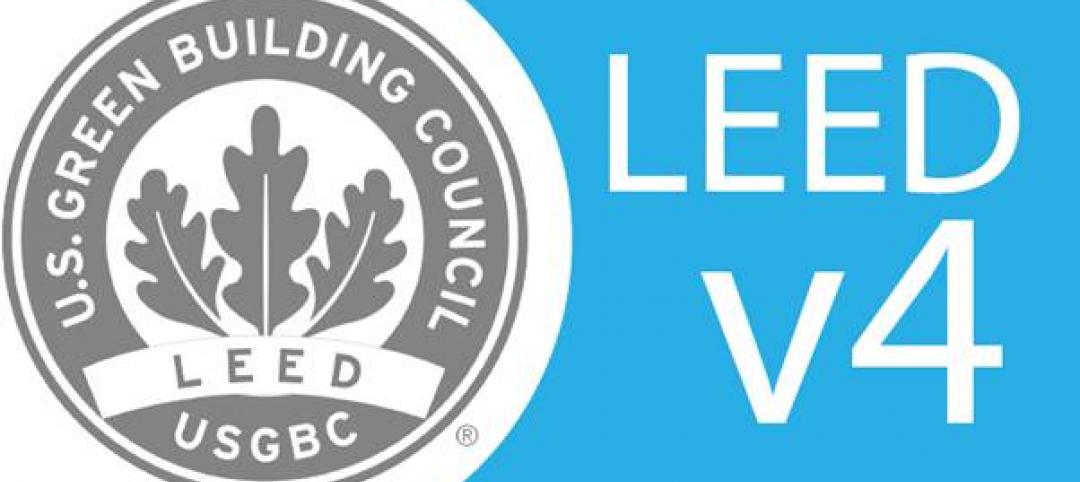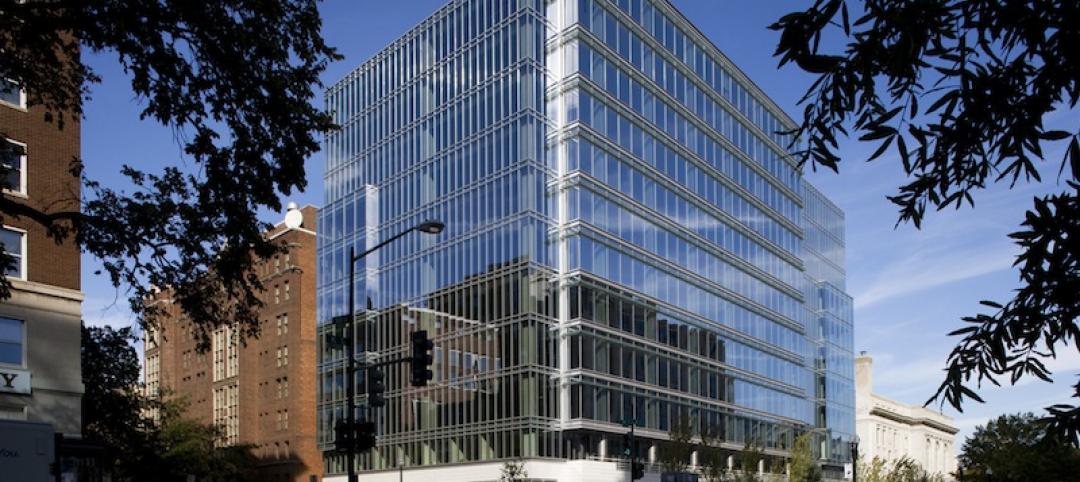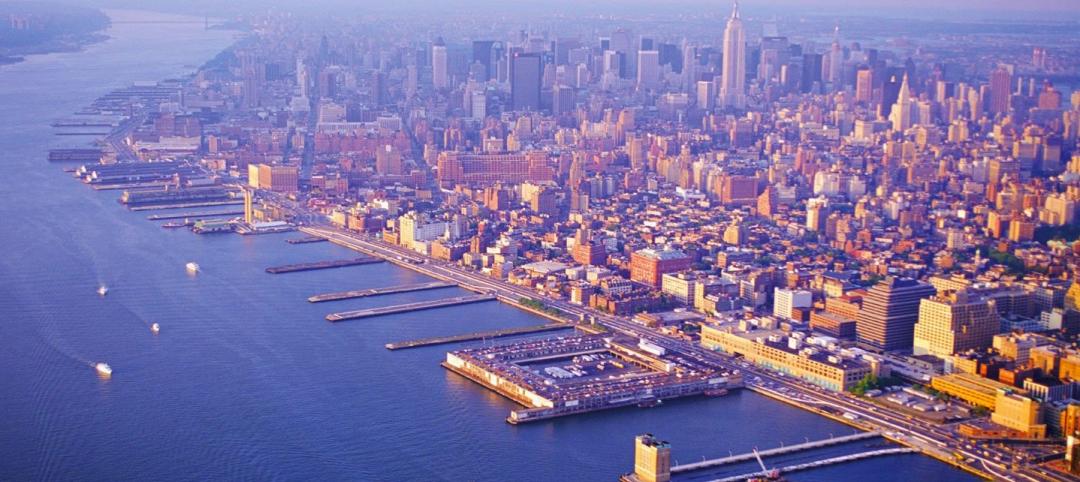Environmental insurance coverage has grown significantly in the construction industry over the last five years, according to William P. Hazelton, executive vice president, environmental and construction, for ACE Group.
Hazelton says that the recent escalation in demand for environmental coverage is primarily due to most construction contracts now including a requirement for the coverage along with other insurance. About five years ago, contractors didn’t need an environmental policy to bid on many projects, but today it’s almost always required.
Tighter regulatory requirements also factor into the trend. The U.S. Environmental Protection Agency is paying closer attention to intrusion of potentially harmful vapors into commercial and residential buildings. These can be from environmental contaminants in the subsurface that can be disturbed during construction.
Companies also need to be aware of air quality issues including from mold contamination, vapors from carpeting or furniture, and exhaust fumes from a loading dock located too close to a building’s ventilation system. These hazards can be addressed with pollution liability coverage.
Related Stories
| Oct 31, 2013
IECC code updates include better lighting controls and new HVAC technology
The proposed new code will increase the mandatory installation of occupancy sensors and daylighting controls to many new types of spaces.
| Oct 31, 2013
Effects of green, white roofs to be compared at Walmart in Oregon
Portland State University will construct a 40,000 sf green roof research site on the top of a new Walmart store in North Portland, Ore., and compare it to a 52,000 sf section of roof with a white membrane.
| Oct 31, 2013
GSA okays Green Globes; USGBC counters forestry industry concerns
Green Globes, a LEED rival, was recently declared to be nearly equal with LEED standards by the General Services Administration.
| Oct 25, 2013
California struggles with updated seismic codes
In California, there are still hundreds of concrete buildings that need reinforcement to bring them up to the new seismic code.
| Oct 24, 2013
Supplement No. 2 to AISC 358-10 Prequalified Moment Connection Standard available for public review
Supplement No. 2 to the American Institute of Steel Construction (AISC) standard Prequalified Connections for Special and Intermediate Steel Moment Frames for Seismic Applications (AISC 358-10) is now available for public review.
| Oct 24, 2013
Changes in LEED v4 will have large impact on materials manufacturers
Changes to LEED in LEED v4 are so dramatic that they will send ripples into other industries and shift expectations on sustainability reporting and performance far beyond the building industry.
| Oct 24, 2013
D.C. office buildings going green at twice the national average
In 2011, about 33% of new office buildings in the U.S. were built to green standards, but in the nation’s capital that rate has skyrocketed.
| Oct 18, 2013
AGC considers suit over new hiring goals for vets, disabled
The Associated General Contractors of America and the HR Policy Association are reportedly considering taking legal action over the Labor Department's new hiring goals for veterans and disabled people.
| Oct 18, 2013
Cities may be more capable of driving sustainability than nations, experts say
With countries not tackling climate change aggressively, cities are in the best position to drive increased sustainability.
| Oct 8, 2013
Kansas City board OKs $1.6 billion TIF for $4.3 billion redevelopment project
Kansas City’s Tax Increment Financing Commission voted unanimously to forward the Bannister & I-435 TIF Plan to the Kansas City Council for approval.


